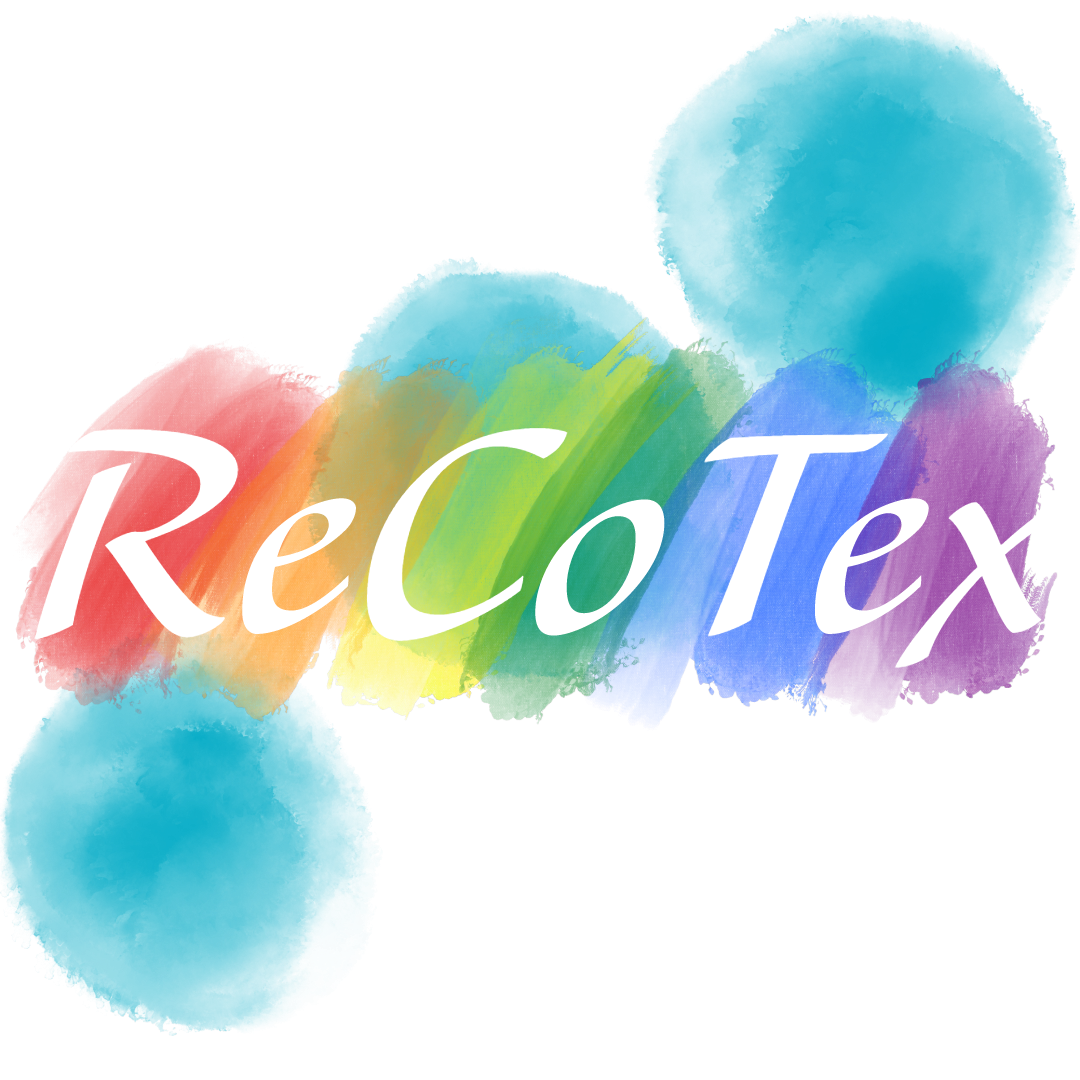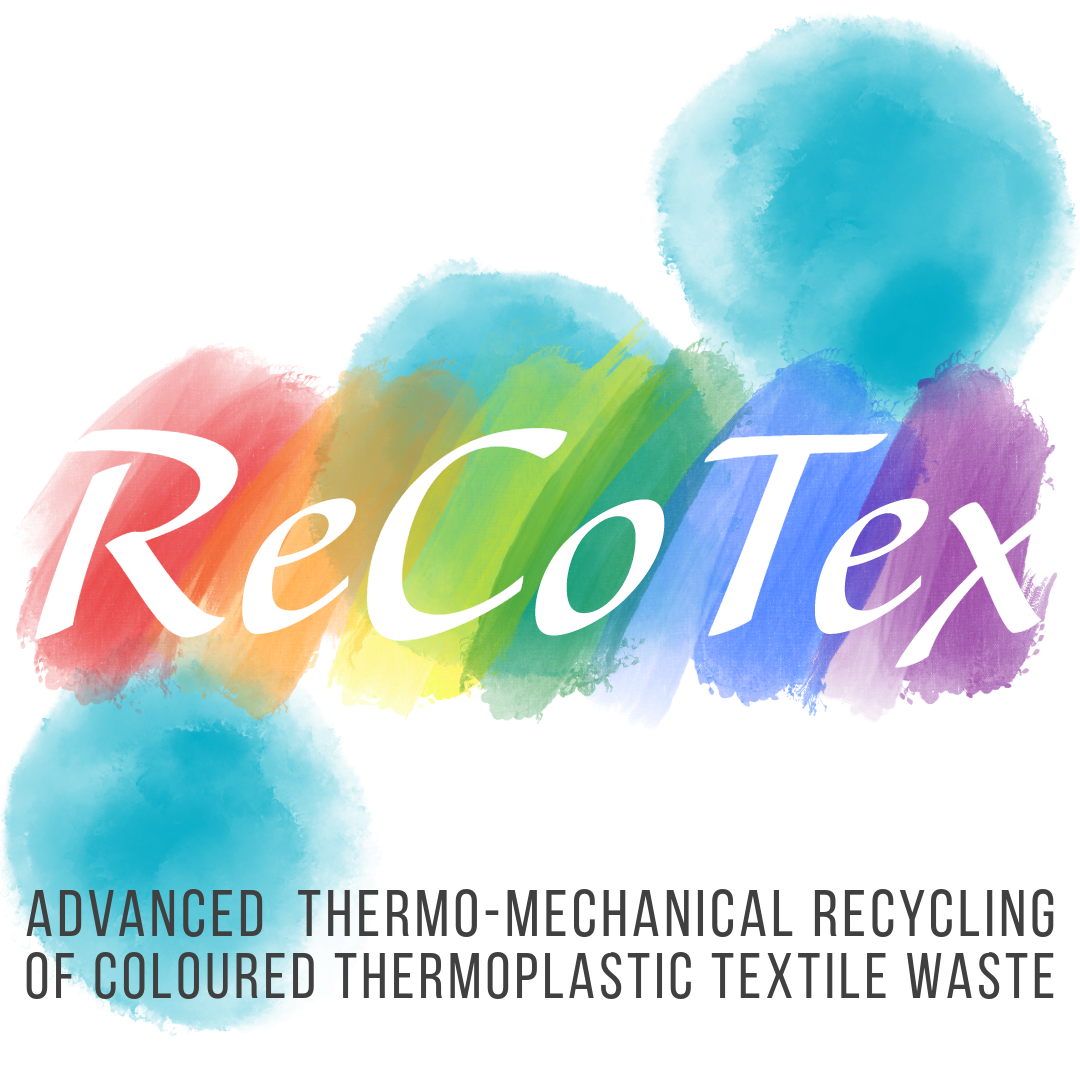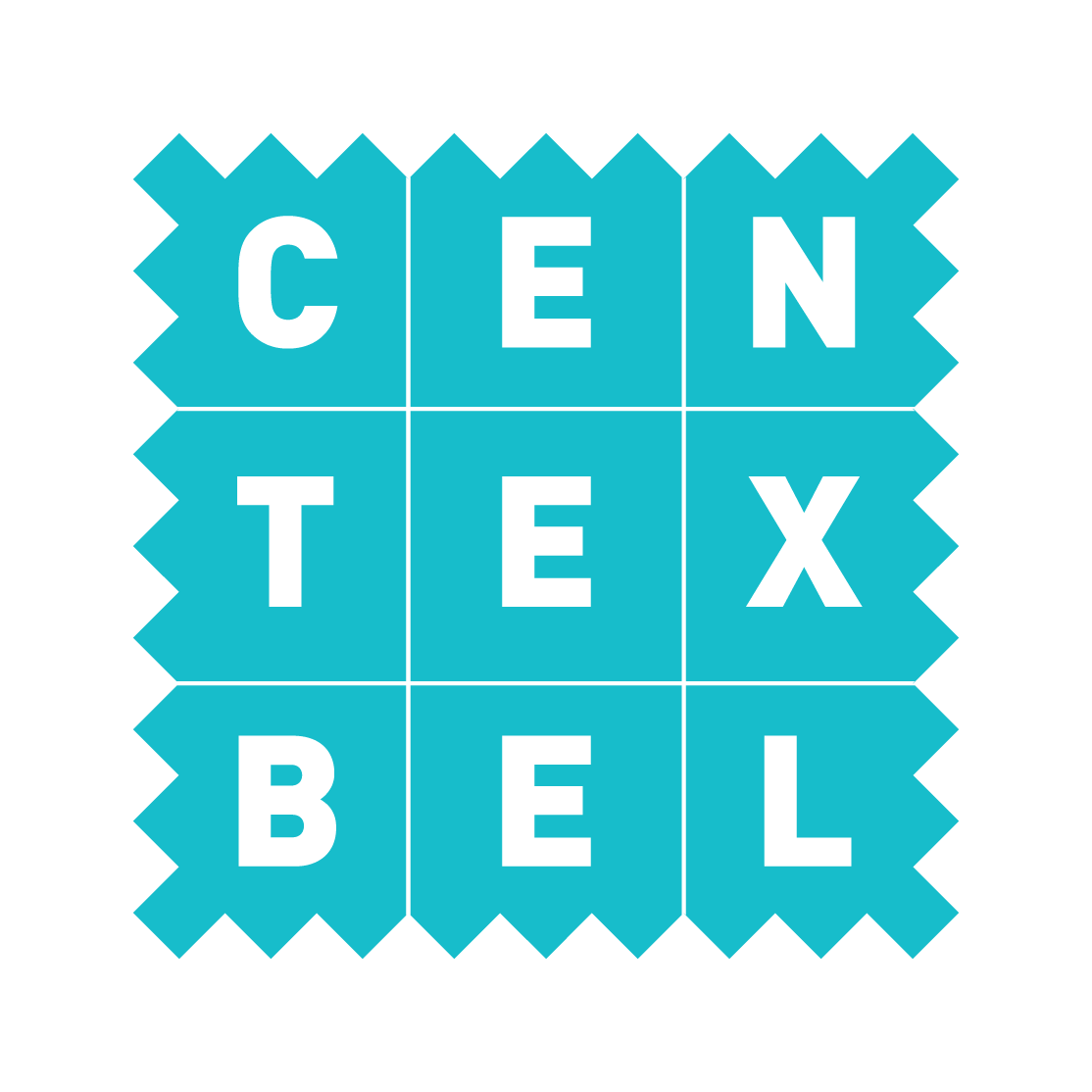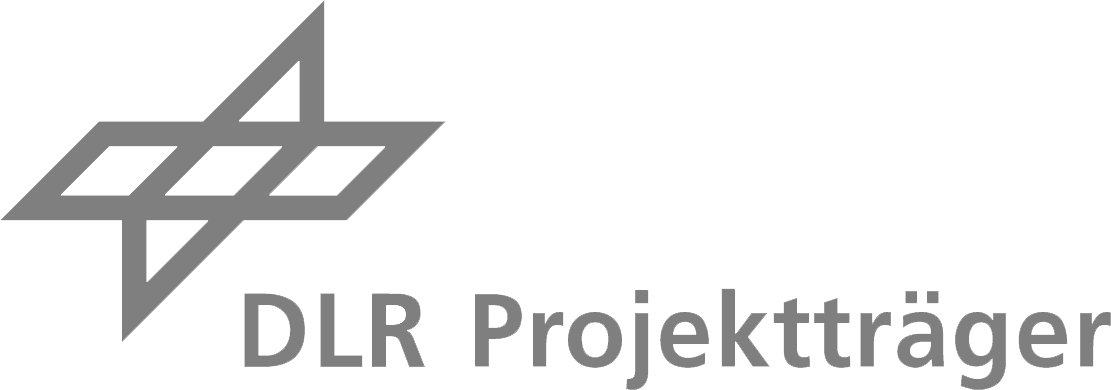
The circular economy can greatly benefit from the EU textiles and clothing sector, which holds great economic importance. With synthetic fibres like polyester, polyamide, and polypropylene dominating the textile fibre market, it is crucial to explore new methods of recycling and reusing thermoplastic waste streams that have not been utilized before.
Although thermo-mechanical recycling has been successfully used for recycling certain thermoplastic waste streams like polyethylene terephthalate from bottles into fleece, it has not been widely adopted for textile fibre-to-fibre recycling.
The EU is urging the transition to a "textile-to-textile" recycling model, but the challenge lies in dealing with coloured textile waste.
Currently, the removal of colourants is a complex issue, primarily addressed by resource-intensive chemical recycling methods, and an industrial-scale solution has yet to be found.
The solution
The ReCoTex project aims to boost the recycling rate of coloured synthetic textile waste, particularly waste that is currently not recycled into high-value fibre materials due to their color and instead used as fuel. To achieve this, two approaches are being taken:
Development of a new thermo-mechanical recycling method (coextrusion)
This approach involves the use of coextrusion through bi-component (bico) melt extrusion technology. In this process, the coloured waste material is encapsulated in a core component of virgin or light-coloured recycled plastic. The potential of bico fibres is being thoroughly investigated to determine the optimum combination of recycled and virgin materials, with the aim of maximising the recycled content in the fibre without compromising colourability or the required properties.
To demonstrate the wide range of applications for recycled bico fibREs, dyeing and printing processes will be established for these fibREs and textiles made from them, using various representative dye types.
Conduct research to understand the impact of colourants and dyeing processes on the recyclability of these materials.
This approach provides a deeper understanding of how different dyes affect the recyclability of the material. This includes assessing colour change, stability and fibre quality during the thermo-mechanical recycling process. In addition, a design-for-recycling perspective is considered in the use of dyes in fibre and textile production.
This approach aims to enhance the recyclability of the material while maintaining its desired properties and quality.

The analytical evaluation of the project focuses primarily on assessing the mechanical properties, durability and colour management of recycled fibres, yarns and textiles. This includes evaluating factors such as tensile strength, wash, abrasion and light behaviour, as well as predicting the achievable colour range of the waste stream. The ability to accurately predict the colour range is critical to ensuring the desired colour uniformity and matching in the recycling process.
By developing a new manufacturing process for high quality fibres that can be dyed to any colour, the project opens up a valuable market for companies dealing with coloured thermoplastic waste. This innovation also helps to reduce the demand for rPET from bottles and provides textile fibre producers with more diverse sourcing options for recycled fibres.
The beneficiaries of the project outcomes are represented by the members of the User Committee (UC), which includes fibre producers, textile fabric producers and textile end-product manufacturers. These beneficiaries are active in various sectors such as technical textiles, workwear, protective clothing, interior textiles (e.g. carpets, mattresses), advertising & digital printing (e.g. banners and flags) as well as spinning and recycling machinery manufacturers.
Project partners
Research will be performed by Centexbel (Belgium) and Hochschule Niederrhein FTB (Germany), supported by FKT (association of the German textile and fashion industry).



Project financing
Cornet project, financed by VLAIO (Flanders) and AIF (Germany)
start: 1 January 2024
end: 31 December 2025


